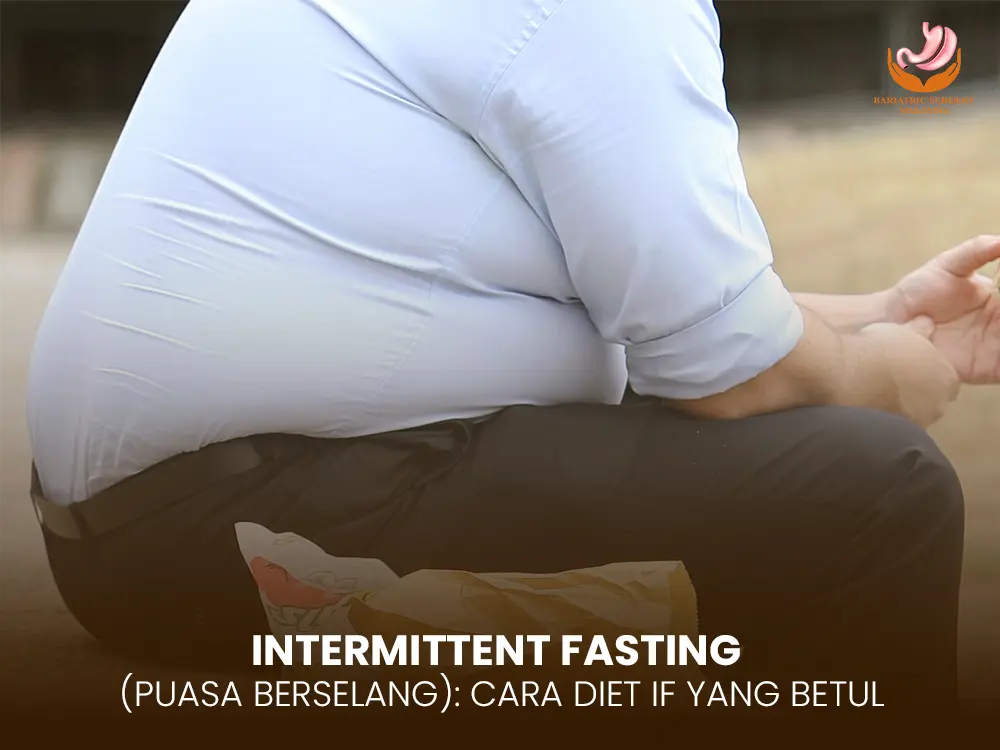Bariatric surgery has become one of the most widely recommended solutions for individuals struggling with severe obesity. But many people still ask — is bariatric surgery good or bad? The truth lies in a balanced evaluation of its benefits, risks, and long-term effects. In this article, we’ll help you understand whether bariatric surgery is right for you or someone you care about.
What Is Bariatric Surgery?
Bariatric surgery is a group of medical procedures designed to support significant and sustained weight loss. It works by changing how your digestive system processes food, often through surgical modification of the stomach or small intestine.
Common types include:
Gastric bypass
Sleeve gastrectomy
Adjustable gastric band
Biliopancreatic diversion
These surgeries are typically advised for people with a Body Mass Index (BMI) over 40, or over 35 if serious health issues like diabetes, hypertension, or sleep apnea are present.
The Benefits: Why Bariatric Surgery Can Be a Life-Changer

When performed on the right candidate and followed by proper care, bariatric surgery can offer transformative health outcomes:
✅ Long-term weight loss (50–70% of excess weight)
✅ Improved or resolved Type 2 diabetes
✅ Reduced high blood pressure and cholesterol
✅ Better mobility and joint pain relief
✅ Improved sleep (especially in sleep apnea patients)
✅ Increased self-confidence and mental health improvements
Some studies even show lower long-term mortality rates for patients who undergo bariatric surgery compared to those who don’t.
The Risks: What You Should Know Before Deciding
No medical procedure is without risks — and bariatric surgery is no exception. While complications are relatively rare, they can include:
❗ Surgical complications like infection, bleeding, or blood clots
❗ Nutrient malabsorption (iron, B12, calcium)
❗ Dumping syndrome (rapid food movement causing nausea or dizziness)
❗ Risk of weight regain if dietary habits aren’t followed
❗ Psychological effects: body image adjustment, emotional eating
Commitment to lifestyle change is non-negotiable. Surgery alone won’t guarantee long-term success.
Is Bariatric Surgery Right for You?
This surgery isn’t a cosmetic solution or a shortcut — it’s a medically necessary tool for individuals with serious obesity-related conditions.
You’re likely a good candidate if:
You’ve tried diet and exercise with no lasting success
You have a BMI ≥ 40, or ≥ 35 with comorbidities
You’re committed to lifelong follow-up care, including dietary and lifestyle changes
You may not be a candidate if:
You have untreated mental health or eating disorders
You’re unable or unwilling to comply with post-operative protocols
You have contraindications that make surgery high-risk
So, Is Bariatric Surgery Good or Bad?
The answer depends on you — your health status, mindset, and readiness to make long-term changes. For many, bariatric surgery is life-saving, not just life-changing. But it requires serious commitment and full understanding of the risks.
If you meet the criteria and work closely with a qualified bariatric team, this procedure could offer the health transformation you’ve been searching for.
FAQs
1. Is bariatric surgery dangerous?
Like all surgeries, it carries risks, but with experienced surgeons and proper care, it is generally safe.
2. Can you gain weight again after bariatric surgery?
Yes, especially if post-op guidelines are not followed. Lifestyle change is essential for long-term success.
3. Does bariatric surgery cure diabetes?
In many cases, Type 2 diabetes goes into remission, particularly after gastric bypass.
4. How painful is the recovery?
Most patients report mild to moderate discomfort, which is well-managed with pain relief and decreases within days.
5. Is bariatric surgery worth it?
For those who qualify, the long-term health benefits often outweigh the risks — including lower risk of heart disease and better quality of life.
Final Thoughts
If you’re still asking, “is bariatric surgery good or bad?”, the best way to decide is through informed consultation. Speak with a board-certified bariatric surgeon, explore support groups, and understand the journey ahead.
Bariatric surgery isn’t just about losing weight — it’s about reclaiming your health.


